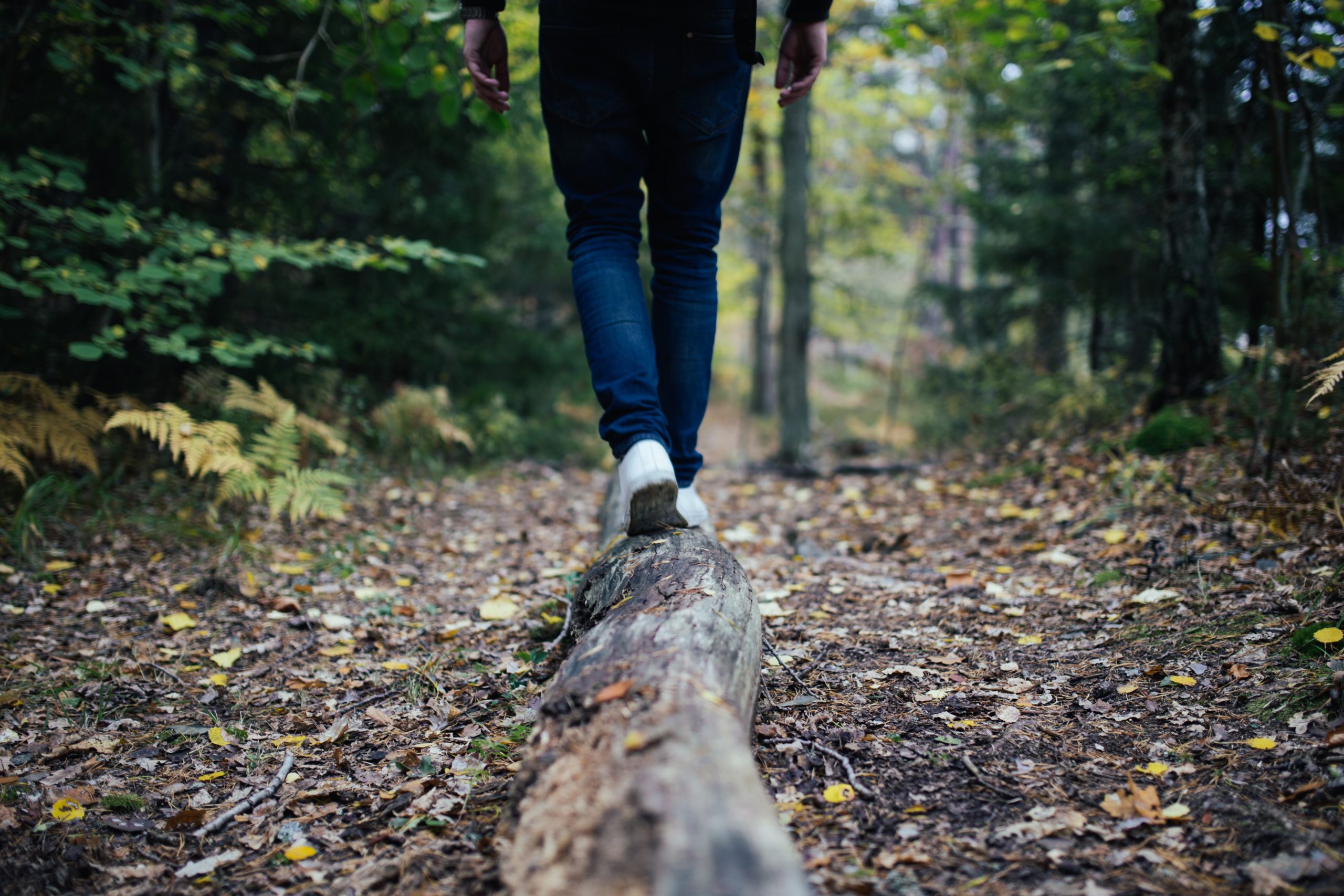A few months ago American writer Julia Hubbel published an article entitled Age is NOT a ‘condition’. As she said, if it was, we’d have one hell of an epidemic.
She was driving and listening to a radio program that was discussing CBD oil. One of the commentators outlined the conditions that CBD oil might help, including age. Julia almost drove off the road.
This idea that age is a condition, almost akin to a disease, is increasingly prevalent. The problem is that we collapse getting older with symptoms such as frailty, disease, pain or falling.
Let’s remind ourselves that none of those are inevitable.
Yes, more people fall when they’re older but it’s not because they’re old. It’s mostly because they either don’t move much or only move in limited ways and they’re physically weak.
There’s also the issue of having our minds somewhere else. I’m writing this with my right ankle strapped after doing just that and tumbling over a couple of stairs.
As we get older we’re more likely to worry about hurting ourselves and that’s understandable. Especially when we reach an age where we know that none of our bits bounce back the way they used to and that it’s not hard to break a hip.
We can become ultra-cautious though, stay in our comfort zone and avoid anything new that might test us. As sensible as that might seem, it can also set us on the path to losing strength, balance, mobility and coordination.
Of course, safety and common-sense matter. We don’t want to do things that are dangerous or foolish, but it’s also important to recognise that not moving enough or in different ways is a major health risk.
Author Frank Forenrich writes about health and movement. There’s a lot of wisdom in this quote of his: Before beginning a program of physical inactivity, see your doctor. Sedentary living is abnormal and dangerous to your health.
If you recognise yourself as someone who might’ve limited what you do a little too much, here are four ways to safely start increasing your movement vocabulary.
First, check your thinking. Challenge and effort aren’t dirty words just because you’re 60 or 70. Importantly, challenge and effort require concentration.
Some of us do our best to avoid concentrating when we exercise, as though we can put our bodies on autopilot while our minds go somewhere else, but if we can do an exercise with our brain disengaged it’s not doing us much good.
Second, practice your balance. Consistently. While it often falls into the ‘can’t be bothered’ or ‘easy to forget’ baskets, it’s vital.
Feeling unstable is frustrating but keep at it. The simplest place to start is standing on one leg. Do it somewhere safe where you can support yourself if you need to against something that won’t move.
Then increase the time you can do it. When you can manage a minute on each leg without support, boost the challenge by standing on a softer surface, taking your shoes off or closing your eyes a fraction. See how long you can go and build up again.
Third, get strong. Strength and muscles aren’t dirty words either. Include your feet in this because they’re the foundation of your balance and mobility. Repeatedly grasping a tissue or a piece of fabric with your toes will begin to strengthen lazy foot muscles.
Fourth, add variety to your everyday movement. Instead of always sitting on regular height chairs, look for somewhere at home that’s a little lower but manageable. Sit on the floor if you can. If you never get down there you’ll lose the ability to do it.
Gardening makes us move in different ways, but it’s also where a lot of injuries occur because our bodies aren’t equipped for what our minds want to do.
Mix up your exercise so you’re not doing the same things eternally. If you go walking, don’t take the same flat concrete route every time. Walk up and down stairs or hills, and over different surfaces.
Have fun with it. Yes, there’s a serious side to all this, but a life devoid of challenge is a pretty dull life.
Finally, try not to keep making excuses. Yes, it gets hot, cold and wet, and there’ll always be other things to do. But inactive weeks can turn into months and years without you noticing.
And just because you don’t have a spare half hour for exercise, you don’t have to give up. Ten minutes will be so much better than nothing.
Photo Source: Jon Flobrant, Unsplash

